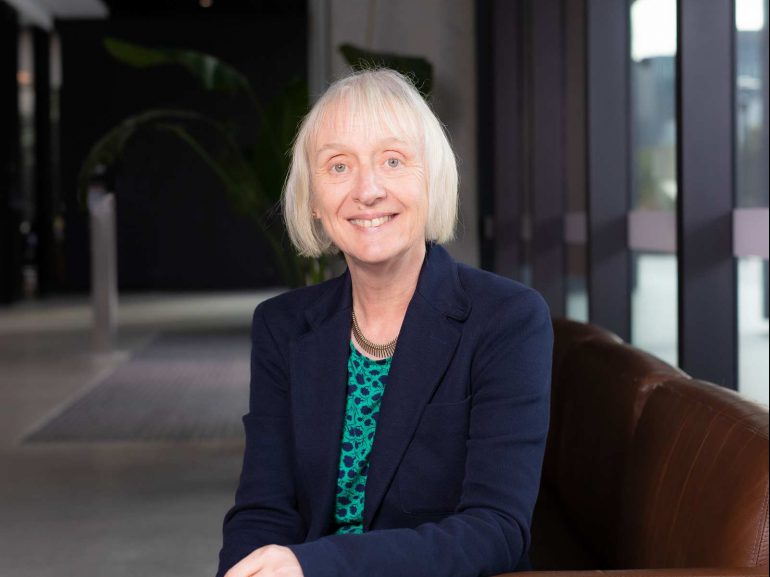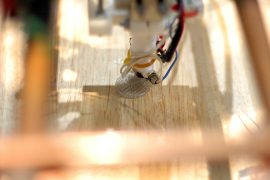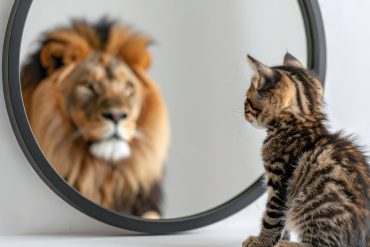Our new Deputy Vice Chancellor (Education) Professor Joanne Wright welcomed people to the recent 2022 Sydney Teaching Symposium and spoke about how we can all work together to improve teaching quality and the student experience. Listen to her talk via the symposium resources page, or check out the highlights below.
It’s your time, and it’s my job to help you shine even more brightly.
Joanne emphasised that there is significant support from the Vice Chancellor and Senate that learning and teaching quality and the student experience should be as widely recognised and respected as our research quality. She saluted all educators at Sydney for their heroic work over the past two and a half years and emphasised that she needs our help to know what to lobby for, what policy frameworks need development or revision, and what she can do in terms of advocacy, so that we can deliver the uplift in quality and be recognised for this.
Universities are critical to meeting the needs of a highly educated workforce, upon which national wellbeing depends. A big part of this is increasing the participation of under-represented groups of students at Sydney, and improving our systems, curriculum, timetabling, teaching and support to help under-represented students develop social and intellectual capital.
We all know someone whose life has been transformed by the power of education and teachers.
Joanne also lamented the hit that universities have taken, especially over the last few years, to their social licence to operate in the eyes of the community. How can we counter negative perceptions arising from ballooning class sizes, disconnection from local communities, increasing student debt, and general mistrust? She highlighted that a key approach is ensuring that our graduates are our greatest advocates. How can we work together to ensure that our graduates are supported beyond their initial interactions with the University? What might be the roles for shorter-form credentials, on-campus and online learning, the lecture, and our physical and virtual infrastructure in helping to achieve this? Do we have the right mix of skills in staff teams that reflect the range of perspectives and expertise that students will meet in their working lives? How can we reactivate our campuses and bring students back to study in-person safely, which recent data has suggested yields better learning outcomes?
She then outlined a number of exciting enabling initiatives and asked for our help in being her advocate.
She would like to leverage data to shine a light on learning and teaching and the student experience, to help us be more strategic in identifying excellent units and educators, and sharing their practice around the University and nationally. Such a strategic approach will also allow us to be more targeted in offering support to educators and advisors.
Helping people evidence effectiveness and impact of teaching beyond student surveys was also mentioned; how do we realign internal recognition and reward systems to recognise a rich array of educational excellence, especially considering the important roles of unit and course coordinators?
Joanne is also keen to explore how innovation and experimentation can be encouraged, recognising that failure goes hand-in-hand with innovation. How can people feel safe to fail, and be rewarded for trying? Part of this will involve bringing back education grants to support experimentation.
Finally, she is committed to fixing known issues with teaching spaces, systems, and administrative support that presents challenges to staff and students.
The University community is looking forward to working with Joanne over the coming months and years to, in her words, deliver “great teaching which creates great graduates who are all happy”.






2 Comments